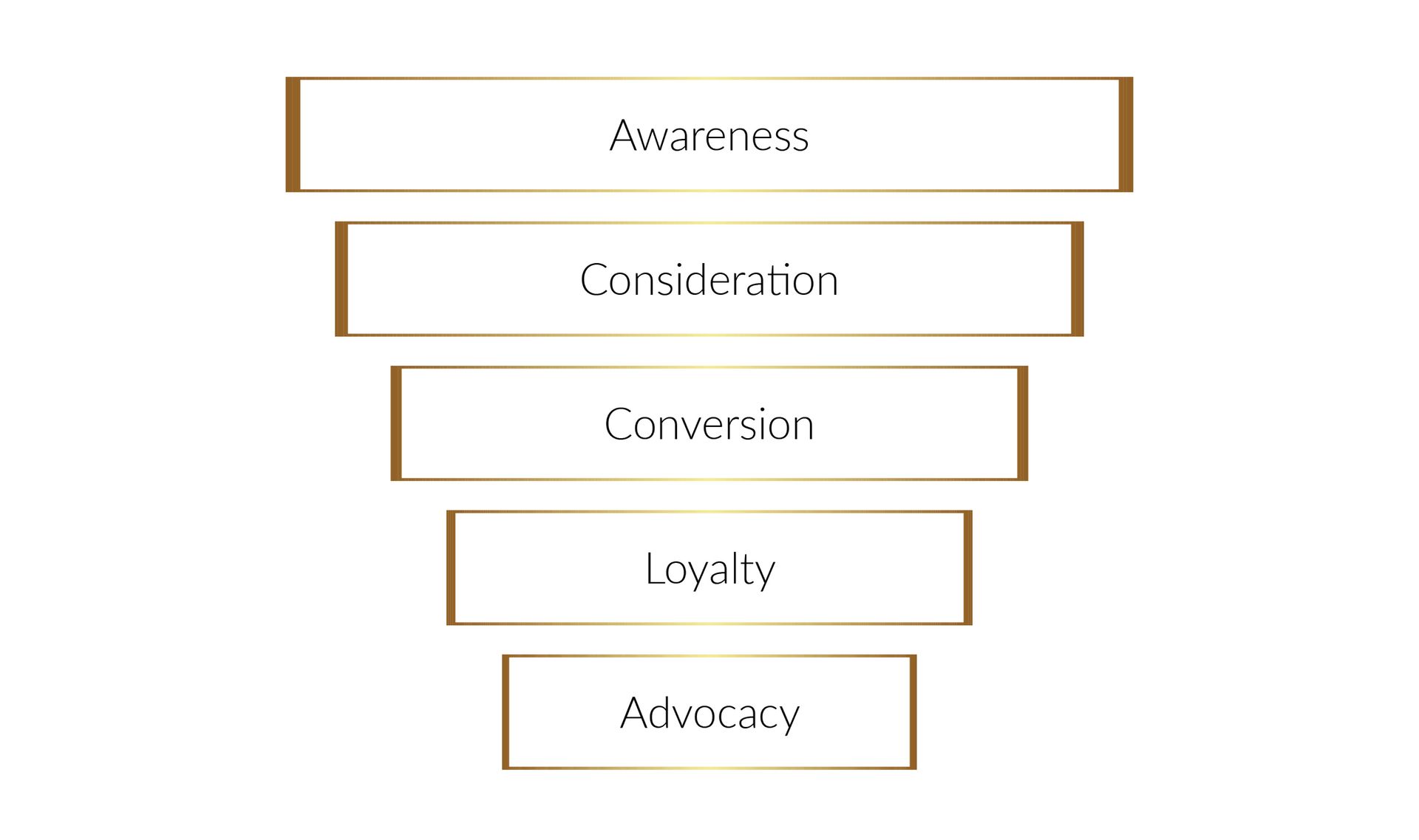Does Human Resources Pay Well? Understanding HR Careers and Their Earning Potential
Unpacking the Earning Potential in Human Resources Careers

An Exploration into HR Careers
Human Resources (HR) has become a crucial department in companies of all sizes across all industries. Beyond handling administrative tasks, HR professionals play a significant role in talent management, employee engagement, and ensuring a positive workplace culture. But one question often lingers on the minds of those considering a career in HR: Does it pay well?
According to Glassdoor and Indeed, the average income for an HR professional in the United States is approximately $70,000 per year, even for entry-level positions. Those with several years of experience or who work in higher-level positions, particularly within the top 10%, can earn upwards of $100,000 each year.
Despite the potential financial rewards, HR careers can be challenging and stressful, given the breadth of responsibilities and the high level of interpersonal skills required. This article takes a deep dive into understanding HR as a career choice, its associated challenges, and its potential for financial gain.
The Financial Reward of an HR Career
Entry-Level HR Roles
Starting in HR often involves holding positions such as HR Assistant or HR Coordinator. These roles provide a solid foundation for understanding the inner workings of the HR department. They involve responsibilities such as recruitment coordination, processing HR-related documentation, and handling employee queries.
Even at this entry-level, HR roles can provide competitive compensation. The median human resources salary for HR specialists is nearly $62,000 per year, according to the Bureau of Labor Statistics (BLS). But the earning potential doesn't stop there. With experience and further professional development, HR professionals can ascend the career ladder and significantly increase their earnings.
Experienced HR Professionals
As HR professionals gain experience and skill, they often progress into roles such as HR Manager, HR Business Partner, or HR Consultant. These roles come with increased responsibility, including overseeing HR programs, developing HR strategies, and advising management on HR-related matters. Consequently, they also come with increased compensation. The BLS reports that the average annual salary for HR managers is $79,016, and the top 10% can earn at least $118,000 per year.
Top-Level HR Roles
In large organizations, top-level HR roles such as HR Director, Vice President of Human Resources, or Chief HR Officer can offer substantial financial reward. These positions involve strategic decision-making, policy development, and comprehensive oversight of the HR function. Salaries for these roles vary greatly depending on the company's size and industry but can easily reach into six figures.
The Challenges of an HR Career
HR professionals often find their jobs to be rewarding yet challenging. While they play an essential role in nurturing a healthy work environment and contributing to the company's strategic goals, they also face significant stress. HR departments manage a wide range of responsibilities, from recruitment and training to employee relations and compliance. They must handle complex situations, often mediating conflicts and ensuring fair and equitable treatment for all employees. These challenges can lead to high-stress situations, making HR one of the more demanding professional fields.
Burnout is another concern for HR professionals. Given their often heavy workloads, HR professionals may find themselves struggling with work-life balance. It's crucial for individuals in these roles to prioritize their own well-being and seek support when needed. This could mean delegating tasks, using HR tech tools to automate repetitive tasks, or seeking professional development opportunities to acquire new skills.
Is HR a Good Career for Money?
From a financial standpoint, HR can indeed be a rewarding career. There's potential for growth, with entry-level professionals able to advance into roles that offer six-figure salaries. However, a career in HR should not be chosen based solely on the potential for a high income. It's a field best suited to those who are people-oriented, empathetic, and passionate about creating a positive work environment. HR professionals need excellent communication skills, problem-solving abilities, and a firm understanding of employment laws and regulations. Those who thrive in HR often derive satisfaction not just from their income, but also from the knowledge that they are making a positive impact on their workplace.
The bottom line is that HR can be both a rewarding and lucrative career. However, like any career, it comes with challenges. High stress and potential burnout are prevalent, especially in high-level roles. Nevertheless, for those who are passionate about people and organizational culture, a career in HR can be a fulfilling path that offers ample opportunities for professional growth and financial gain. As an HR professional, you have the potential to not only earn a comfortable income but also make a significant impact on your organization's success. So, if you're asking, "Is HR a good career for money?" The answer is a resounding yes.




